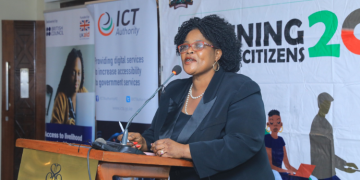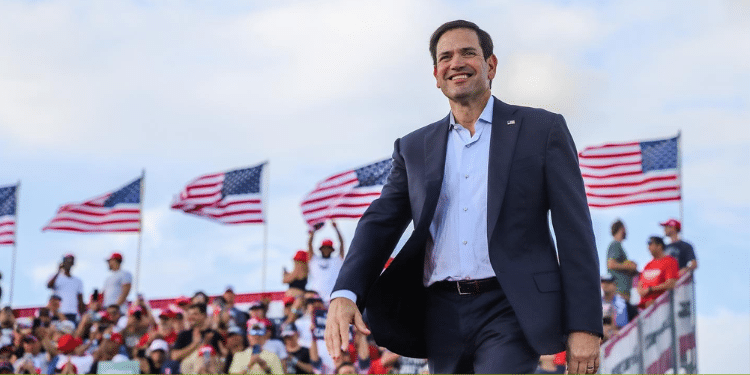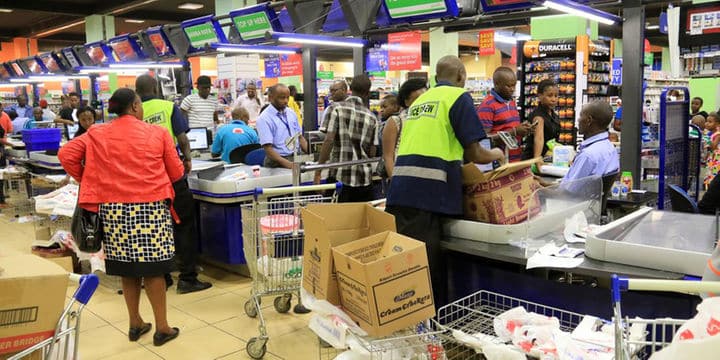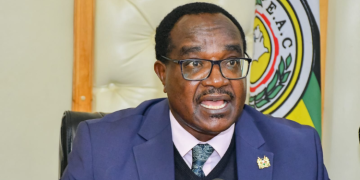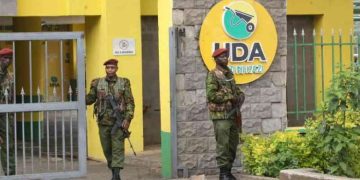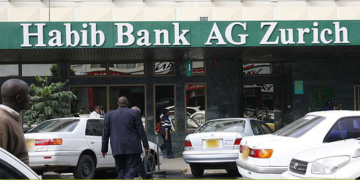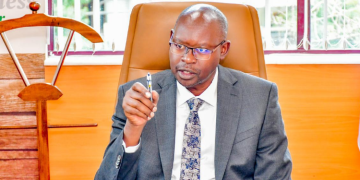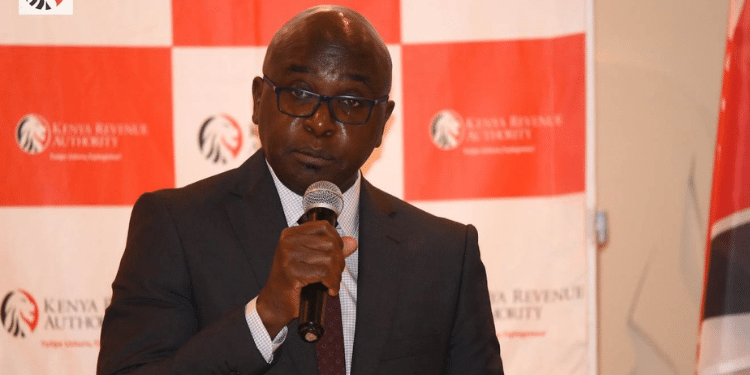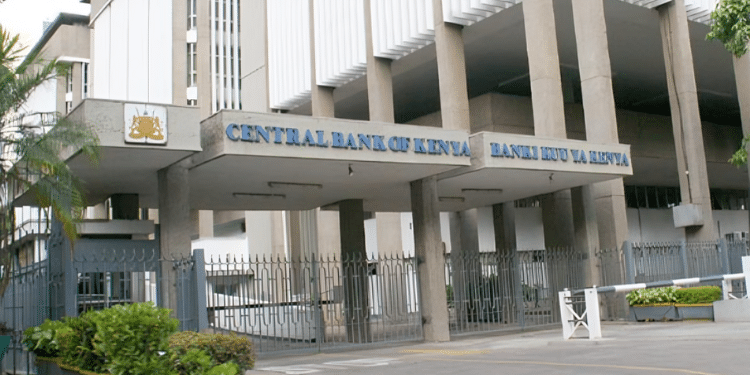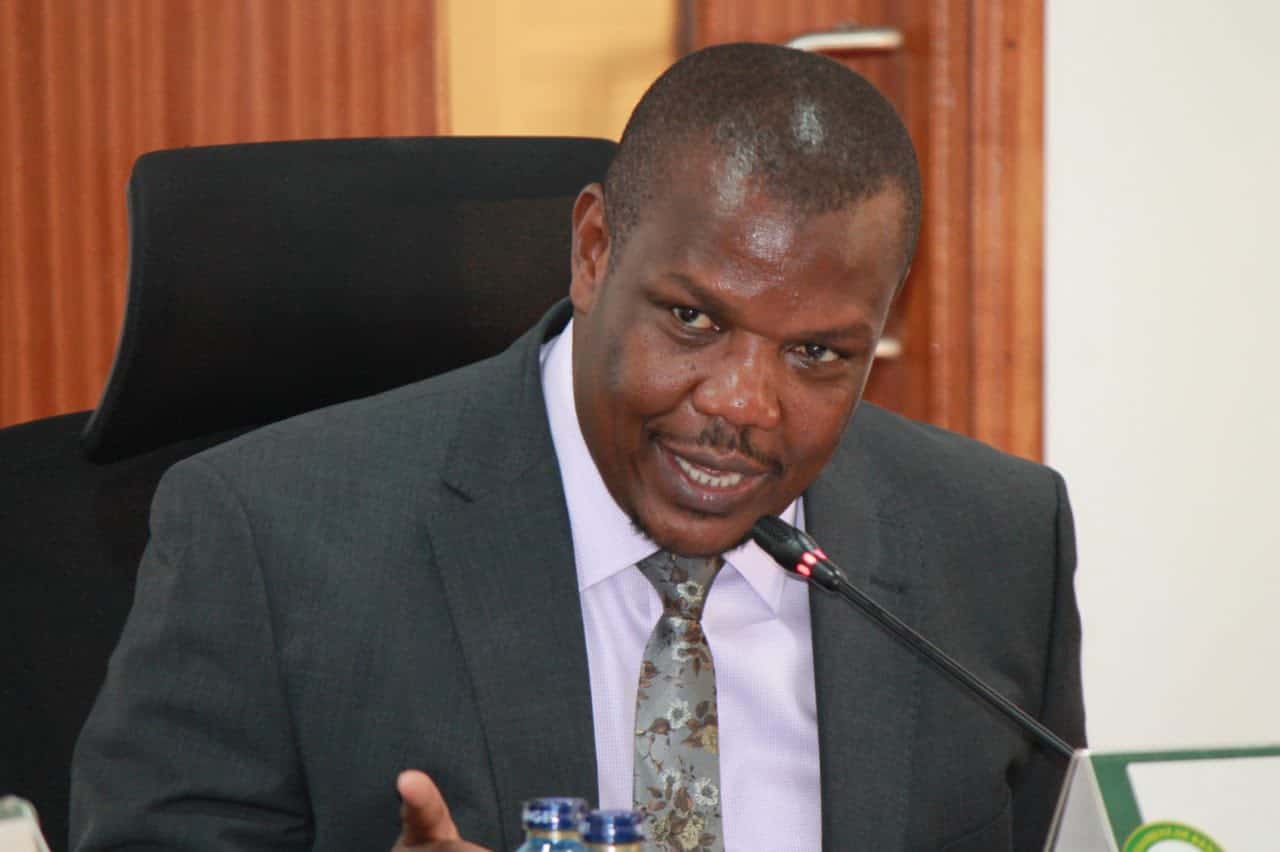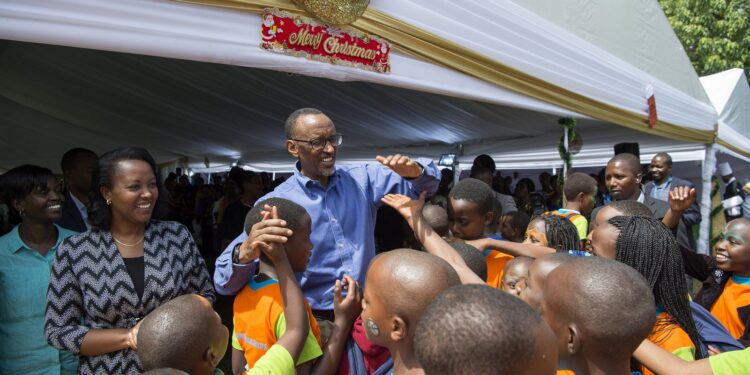Child rights and protection are global concerns. Protection programs need to play a more active role to protect millions in Africa. Effective child protection depends on appropriate policies, legislation and regulations.
Lack of implementation of policies, political and economic instability are the major barriers for child protection in Africa. UNICEF is committed to ending violence against children, gender-based violence.
Child protection measures are necessary for protection of basic human rights, including safety, education, health, and emotional well-being of children.
Still, millions of children are facing numerous challenges and violations in several parts of Africa. According to a child labour report of 2020, Africa is home to 23.9 percent of the world’s child laborers, totaling a staggering 86.6 million children.
Sub-Saharan Africa has seen an increase in child labor. The existing of sexual, physical and emotional violence in several Southern African countries is among the highest in the world, according to a UNICEF survey of 2023.
Also Read: Why Children Still Suffer Despite Global Child Protection Policies
For example, 40 per cent of adolescent students have experienced bullying in which both boys and girls are equally likely to be victimized. In Ghana, over 50 percent of children in their residential homes are reported to be victims of violent, according to the Ballard Brief.

Political, tribal and economic conflicts have displaced 2.6 million people across Somalia and separated many children from their families and friends.
About 2.1 million children were found to be in need of child protection services as reported by Relief Web.
Kenya has taken comprehensive action to address the rising number in child sexual exploitation and abuse (CSEA) with the introduction of a robust legal framework for protecting children rights.
Several studies concluded that four out of ten children in Sub-Saharan Africa live in extreme poverty. Physical, emotional and sexual violence against the children in Africa needs urgent attention.
Child Protection Policies in Africa
A Child Protection Policy highlights responsibilities and obligations for pressing and managing any type of concern about child abuse. It determines and safeguards children’s rights in line with the United Nations Convention on the Rights of the Child.
Africa Has Become the First Region in The World to implement a Child Online Safety and Empowerment Policy – this is according to the African Union.
Notably, the African Union Child Online Safety and Empowerment Policy weighs the opportunities and risks related to digital access for children in Africa and the factors affecting child online safety.
The AU Child Online Safety (COS) and Empowerment Policy identifies the existing gaps and areas where harmonization is required to implement children’s rights.
Similarly, the African Impact Foundation is responsible for the provision of safety and to promote the welfare of children in the society. This is based on the UN Standards for Child Protection.
Also Read: Urgent Action Needed in Fight Against Online Sexual Exploitation of Children in Kenya
“Schools have a duty to protect children and prevent them from harm, and act with a sense of urgency if a child is at risk of harm,” the International Task Force on Child Protection charter reads in part.
Existing Gaps
While many African countries and institutions are promoting and supporting children rights, the success ratio is very low. The main barrier in the implementation of policies is political instability and conflicts.
We must re-think about the barriers in the implementation of policies for children rights in Africa. The responsibility, actions and measures to prevent child abuse, exploitation and violence against children should be revisited.
Objectives and outcomes of the public and private sector institutions working for children rights should be strictly re-evaluated.
Follow our WhatsApp Channel for real-time news updates:
https://whatsapp.com/channel/0029VaB3k54HltYFiQ1f2i2C



